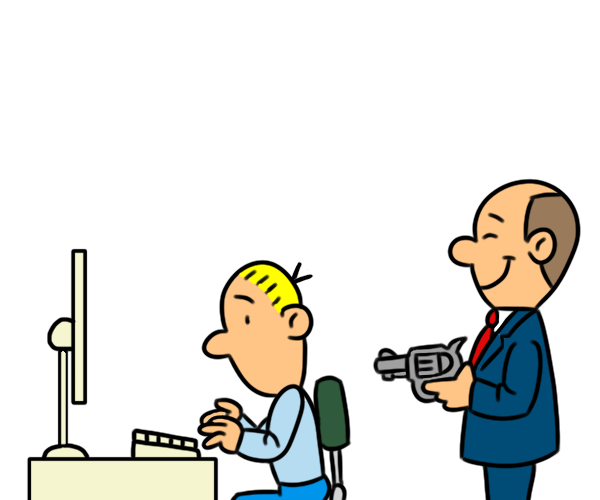1. Anxiety

The first and most obvious, impact of social media on mental health is an increase in anxiety. I struggle with anxiety every day and I often find social media to be my greatest stressor. Publicly sharing information online is already a daunting task, but trying to only share the aspects that give the best impression can be even more daunting. The majority of social media users, myself included, desperately try to either create or maintain a particular image that may not honestly depict our lives. This can make what was initially designed to be a fun networking platform into a stressful endeavor for many. Statistics are required to confirm the origin.
2. Depression

The second way social media can impact mental health is causing depression. In my experience, social media creates a figurative bubble in which users, often subconsciously, begin to lose the accurate perspective on what is considered normal or average. A false sense of normalcy can cause a user to believe they’re a fundamentally worse individual than they actually are. This often results in low self-esteem. Depression can stem from self-esteem issues. I often find myself periodically taking breaks from social media to avoid depression. Statistics are required to ensure the link, but once the link to social media is confirmed, I hope many can learn from it.
3. Addiction

The third way social media can impact mental health is by fostering an addiction or dependency. I spend a substantial amount of time on my smartphone and browsing social media in particular. Even still, friends of mine spend way more time on social media than I do. For many of us, not having our smartphones for long periods of time can feel uncomfortable, and even agonizing in some cases. Though there may not be a physical dependency to social media akin to narcotics, I still believe many are mentally dependent to it. A case study is necessary to confirm.
4. Cyberbullying

The fourth way social media can impact mental health is trauma caused by cyberbullying. Bullying is not a new phenomenon especially for adolescents, but social media has created a new type of bullying called cyberbullying. I have seen the sheer trauma people humiliated online obtain and it often has great implications. Cyberbullying is generally more subtle than bullying making it harder to treat or prevent. This can allow cyberbullying to fly under the radar and continue to drag on, causing major trauma along the way. Some personal interviews could help spread awareness of its full effects.
5. Sleep Deprivation

The fifth way social media can impact mental health is by causing sleep deprivation. Phone screens emit blue light which tricks the body’s sleep cycle. Because of the addictive nature of social media discussed previously, many social media users find themselves staying up later than they should be. I have spent precious beauty sleep hours swiping through social media instead. Not getting adequate sleep has various negative health implications that users of social media should be aware of. A case study of social media’s impact on consistent sleep is necessary to help promote reduced phone usage at night.
6. Peer Pressure

The sixth way social media can impact mental health is by encouraging peer-pressure. Peer-Pressure can be good in some instances, however negative peer-pressure should not be overlooked. Often bad behavior is rewarded through social media and many of my friends have gained notoriety for doing outlandish things. This can be contagious as many social media users crave popularity, sometimes at any cost. I believe social media has essentially normalized a culture of bad behavior and the effects of this should be further researched. Once a statistical link has been made, people can start to take the necessary steps to avoid succumbing to the pressure.
7. Privacy

The last way social media can impact mental health is by infringing on personal privacy. Based on what people who lived before social media are saying, individuals could live life more privately without fear of exposure. Many interpersonal relationships for example are often thrusted out for the world to see and judge. I think I developed a fear of public exposure of relationships caused by social media. There may have been relationships that were avoided simply for this reason, and I am certain others have experienced this as well. A case study should be done to confirm this theory.